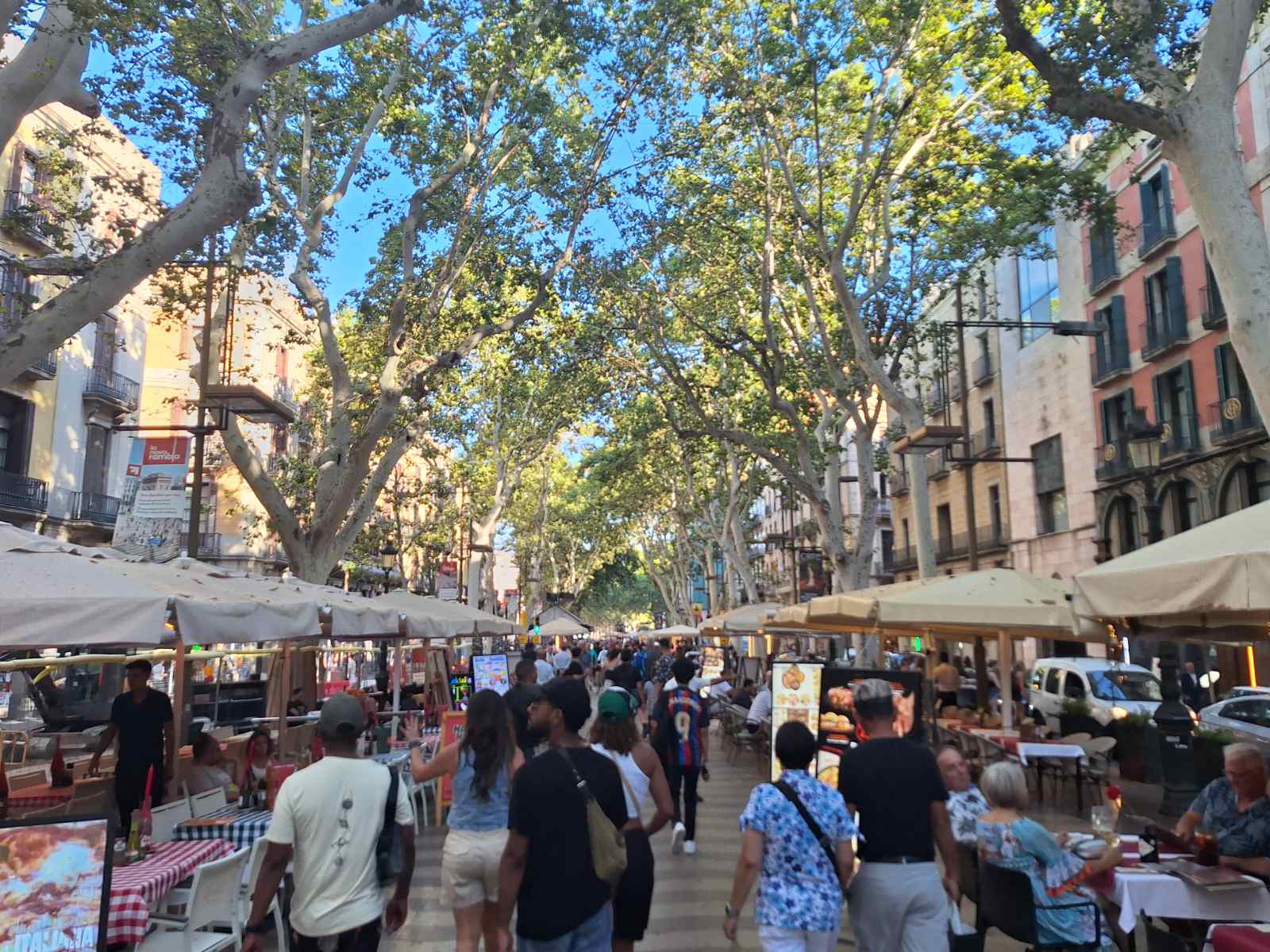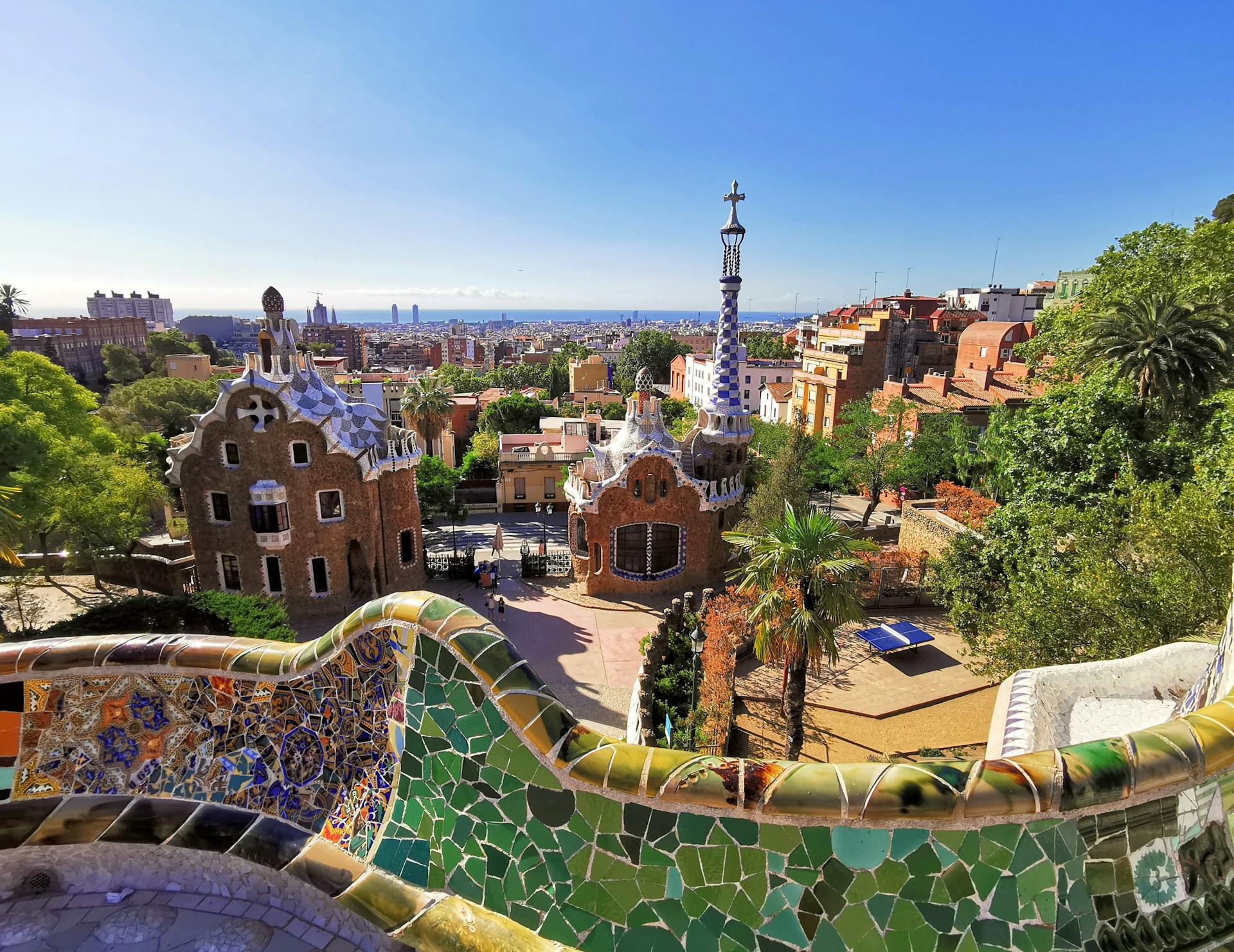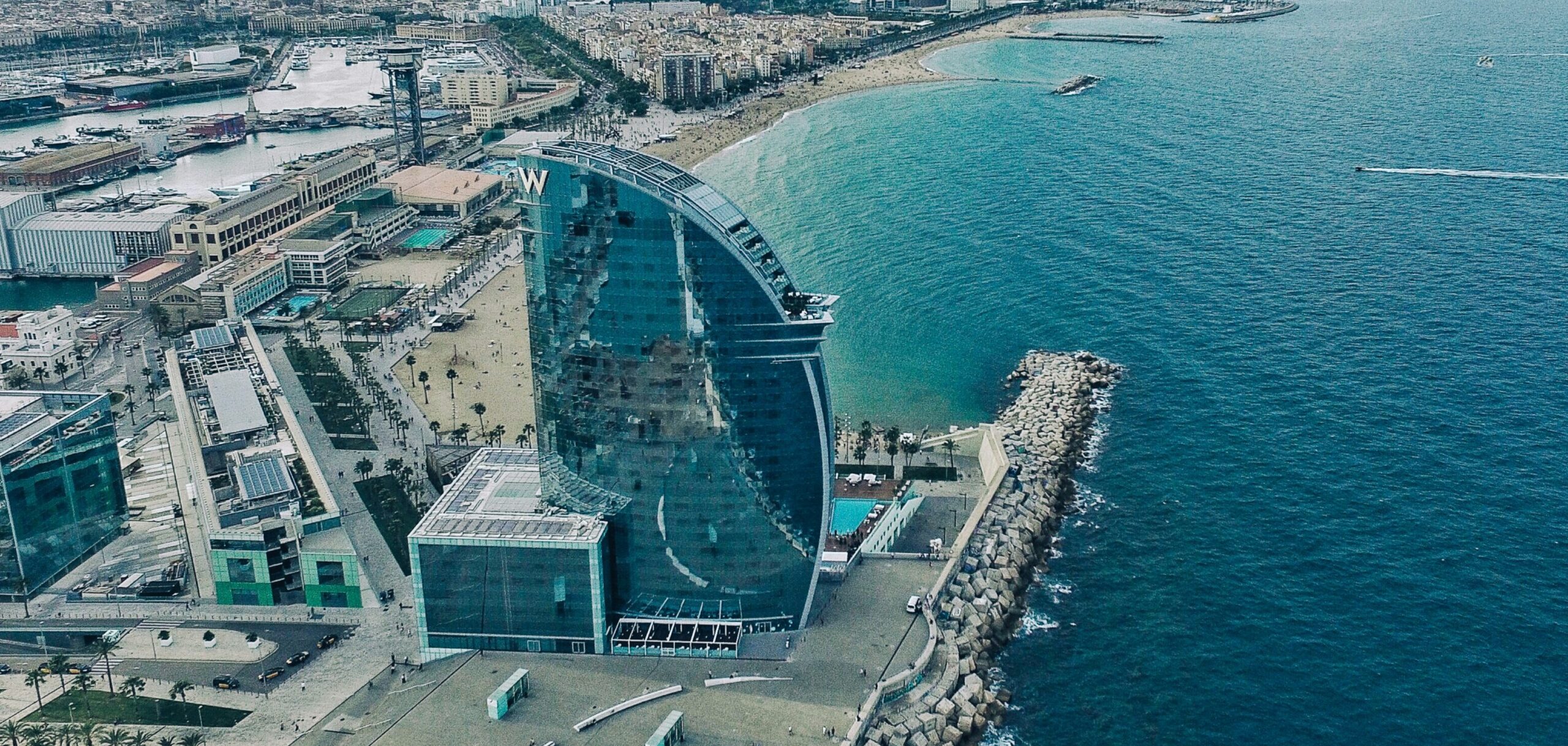By Maria Ravani,
If you are one of many who googled “summer destinations” recently and decided on visiting the multicultural, vibrant Spain –and specifically Barcelona–, you may want to reconsider. Or take some extra clothes –you know, precautions– in case you come upon any local protesters who most likely do not want you there.
A few weeks prior, videos of locals protesting against “overtourism” in Barcelona became viral, gathering reactions from all over the world. If you are not so familiar with this issue, for years now Spanish locals have protested against the waves of tourists that visit their country yearly. Most protests revolve around the Airbnb situation and the effects that it has on rents and cost of living in general. However, on Saturday 6th of July, a group of protesters marched down one of the most famous and tourist streets, with tons of shops and restaurants (“La Rambla”), and started shouting about overtourism and urging tourists to “go home”. They did not stop there, as some of the protesters started throwing stuff at numerous unfortunate individuals, who happened to eat at the restaurants and then proceeded to spray them with their waterguns.
The protest itself (meaning the core issue/cause behind the protest), as well as the means that were used for protesting (the not deadly, but quite annoying waterguns), raised questions all over the world and ultimately brought to light an ongoing struggle of many big cities like Barcelona, which is none other than the problems locals have to face in their day-to-day life due to the over-exploitation of certain destinations as touristic attractions. From rental prices to prices at supermarkets, everything seems to be magnified once a city is marketed as a get-away paradise for non-locals.

Especially in the case of Barcelona, this specific issue has been stewing for a while now. A 2019 article from The New Yorker was commenting on the now catastrophic Airbnb situation in the city and the impact that the overtouristification of Barcelona may have on its cultural cites and the metropolis area in general. For someone that visited Barcelona recently, it seems surreal that Park Güell, for example, used to be a public park. It is also surreal that local authorities have implemented a limit of 800 tickets per hour for that same park, that is now clearly considered and functions as a tourist cultural space.
This transformation of the city started long ago and reached new peaks after Covid-19. And as the promise of “living like a local” (an Airbnb catchphrase) seems too attractive to international audiences, locals seem to have had enough, for many good reasons. Firstly, it seems like Barcelona’s local population is not so local anymore, meaning that especially the center of the town is unapproachable (in financial terms) for most of the old residents of the town. In the Gothic Quarter, for instance, one of the most picturesque and unique neighborhoods of Barcelona, the resident population has declined dramatically (by 45%) in the past years. The sensualized marketing of “Spanish lifestyle” has also many effects on the locals. When tourists visit Barcelona having in mind daily fiestas and sangria, they will expect –and settle for– nothing less, which sounds quite problematic, mainly because it is.

In many other countries, limits have been imposed to Airbnb contractors and long-term rentals. Spain seems to think about acting in a similar manner. The pause of their Golden Visa program may also be a step towards a more optimistic direction. All these small changes, combined with the recent protests, show that maybe Spain has started reconsidering its stance towards tourists. And it was about time.
Negative reactions from locals are usual. Maybe surprising families during their lunch with an unexpected water fight (and in the process, terrifying little children who are present) is not the best way to convey your message. But “overtourism” as a phenomenon is something that needs to be addressed immediately by local authorities and national governments all around the world –and especially in European countries. So, it will be no surprise if protests like that in Barcelona keep popping up in different regions and countries. It’s not like people enjoy having their city turned into a luxurious and –mainly– expensive resort for other people to enjoy. Cities do belong to the locals after all…
References
- The Airbnb Invasion of Barcelona. The New Yorker. Available here
- Barcelona residents protest against mass tourism. Le Monde. Available here
- Barcelona’s Airbnb ban: a sign of things to come?. The Week. Available here
- Barcelona protesters throw items and spray travelers with water while shouting ‘tourists go home’. CNBC. Available here
- ‘Tourists Go Home’: Barcelona’s Protests Against Overtourism. Skift. Available here
- Why Protesters Are Squirting Water at Tourists in Barcelona. Time. Available here
- Anti-tourism protesters target diners with water guns in Barcelona. Sky News. Available here
- Why are people protesting against tourists in Barcelona?. ABC News. Available here
- Las zonas de España donde triunfa el ‘turismo de borrachera’. Huffpost. Available here
- Barcelona’s anti-tourism protesters launch beach demo to reclaim city from holidaymakers. The Standard. Available here




